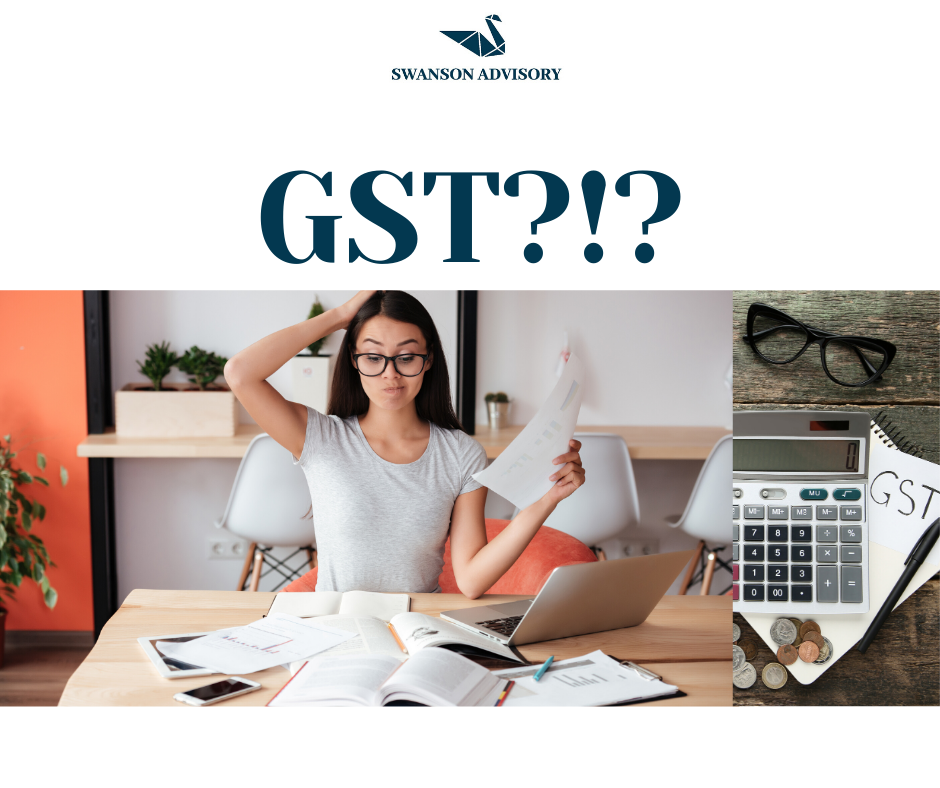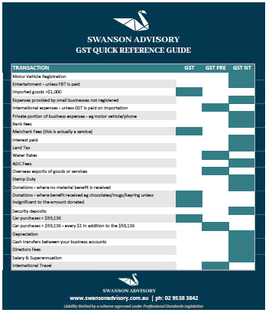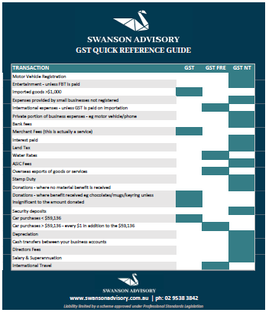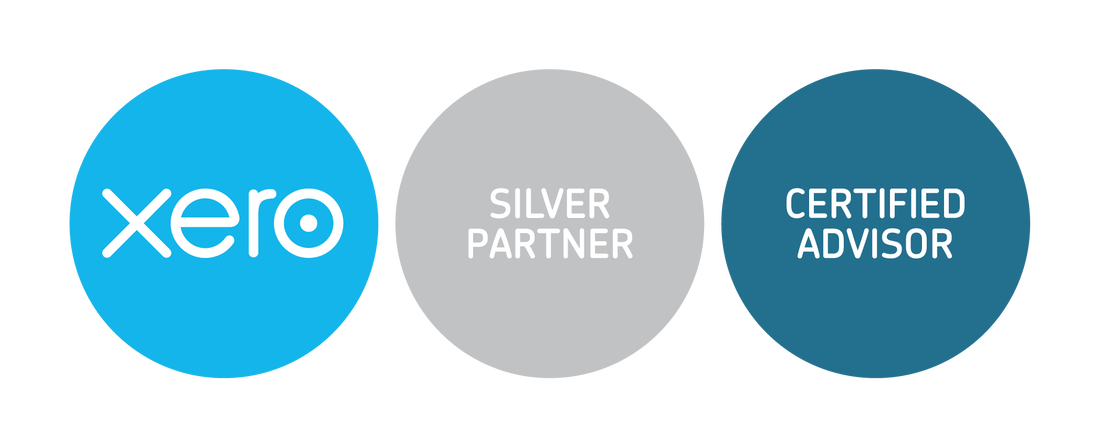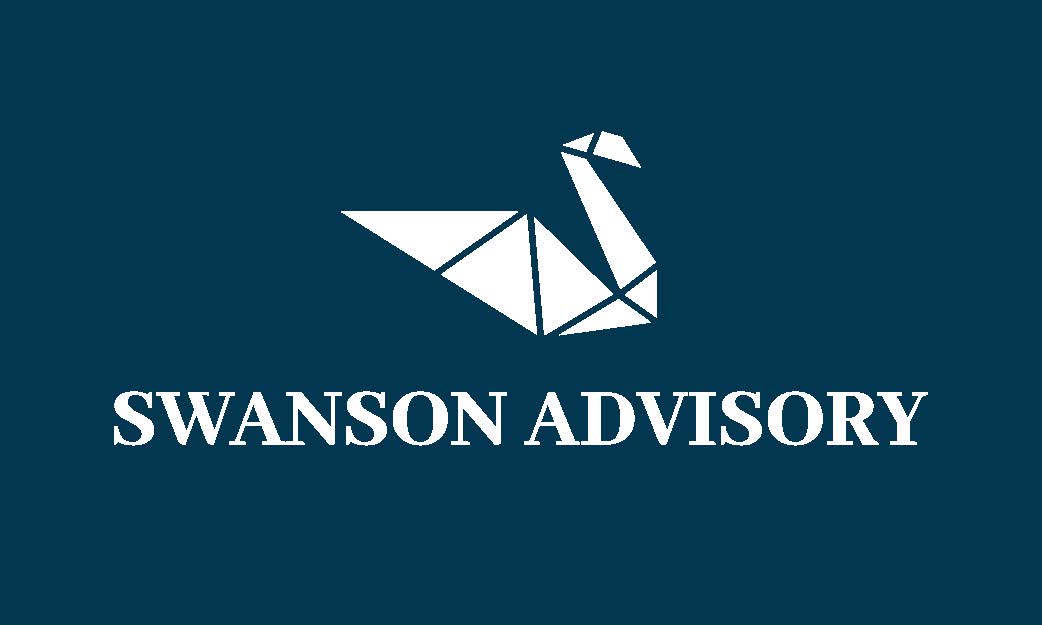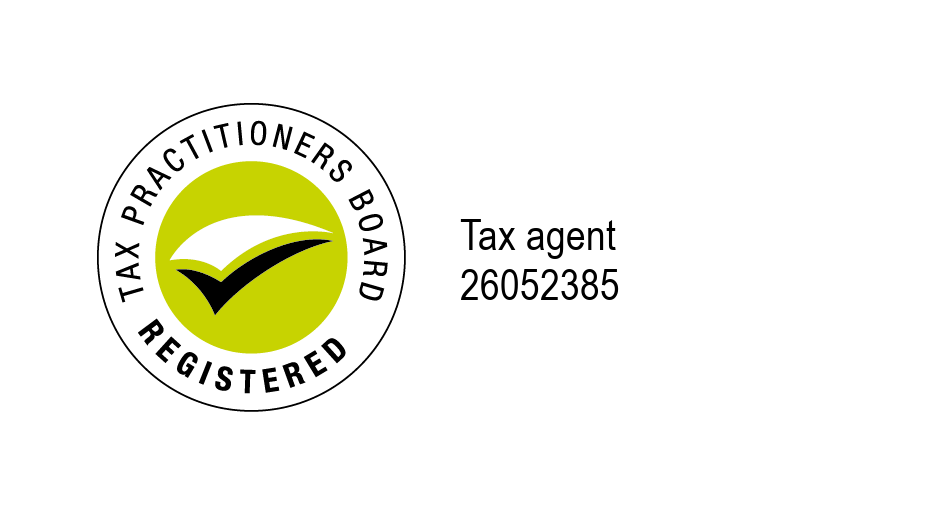AuthorGeorgia Cutbush - Founder of Swanson Advisory & Chartered Accountant with more than 10 years of professional experience including KPMG, Hilton Hotels and Scentre Group (Owner & Operator of Westfield) Archives
August 2021
Categories
All
|
Back to Blog
GST requirements can be confusing! Make your next BAS the easiest one yet! Read our guidance below to ensure you avoid the common pitfalls! Click the below image to request a copy of our GST Quick Reference Guide. Tax Invoices You must have a tax invoice to claim a GST credit for purchases that cost more than $82.50 (including GST). If your tax invoice does not specify the amount of GST included in the price of your purchase by only stating that the price includes GST, you can work out the GST amount yourself by dividing the price by 11. The answer is the amount of GST credit you can claim (provided you use the item wholly for business purposes). GST Free vs GST - NT GST Free items are those that don't attract GST, such as raw food, healthcare services and water services. The GST N-T tax code should be used when the transaction is not reportable, for example: cash transfers between your business accounts, depreciation, directors fees, security deposits and most government charges.
Set Up Your Accounting System Correctly Did you know that most accounting software allows you to set a default GST code for each separate account? This can be a big time saver if set up correctly and will help ensure that you are claiming the correct amount of GST. However, to claim GST you need to ensure that you receive a valid tax invoice (includes an ABN) and also shows that GST has been charged. It is best practice to attach these tax invoices to the relevant transaction in your accounting software. Non Deductible Expenses = No GST Claimable You cannot claim GST for any non-deductible expenses such as entertainment or private use portions of motor vehicle expenses. When you enter expenses which have a private portion, you can actually spilt the two portions of the expense between two separate accounts: one private with no GST claimable and one business-related with GST claimable. Ensure that you meet the ATO's record keeping requirements when determining the private portion of expenses. Refer to our resources section for a comprehensive ATO guide. These items should be coded as GST - NT ( Not Reportable). Bank Fees, Merchant Fees, Interest paid and received No GST is charged or claimable on standard bank fees. However, GST is claimable on merchant fees, as this is actually a service. It is best practice to have separate accounts to recognise these expenses as they have different GST treatments. No GST is charged on interest paid or received. Government Charges No GST is charged on Motor Vehicle Registration, Land Tax, Council Rates, Water Rates, ASIC Fees or Stamp Duty. If you are in doubt you can refer to the tax invoice provided. These items should generally be coded as GST- NT apart from water rates, which are GST Free. Insurance Premiums Insurance premiums may include a portion of stamp duty which as mentioned above does not attract GST. When entering transactions to record insurance premiums, ensure you refer to the tax invoice and separate the stamp duty portion into a different line item that is not applicable for GST. International Transactions As GST is an Australian tax you will not be charged GST on transactions you incur whilst travelling overseas. Importation of goods valued at more than $1,000 will however attract GST. Generally GST is not required to be levied on the exportation of goods or services, as long as they are exported within 60 days of either the supplier receiving payment or issuing an invoice, whichever occurs first. The transaction is still required to be reported at G1 Total sales. Keep your records Keep all your tax invoices and other GST records for five years as per ATO requirements. Request a copy of our GST Quick Reference Guide Click the image below! Liability limited by a scheme approved under Professional Standards Legislation
0 Comments
read more
Leave a Reply. |

 RSS Feed
RSS Feed
